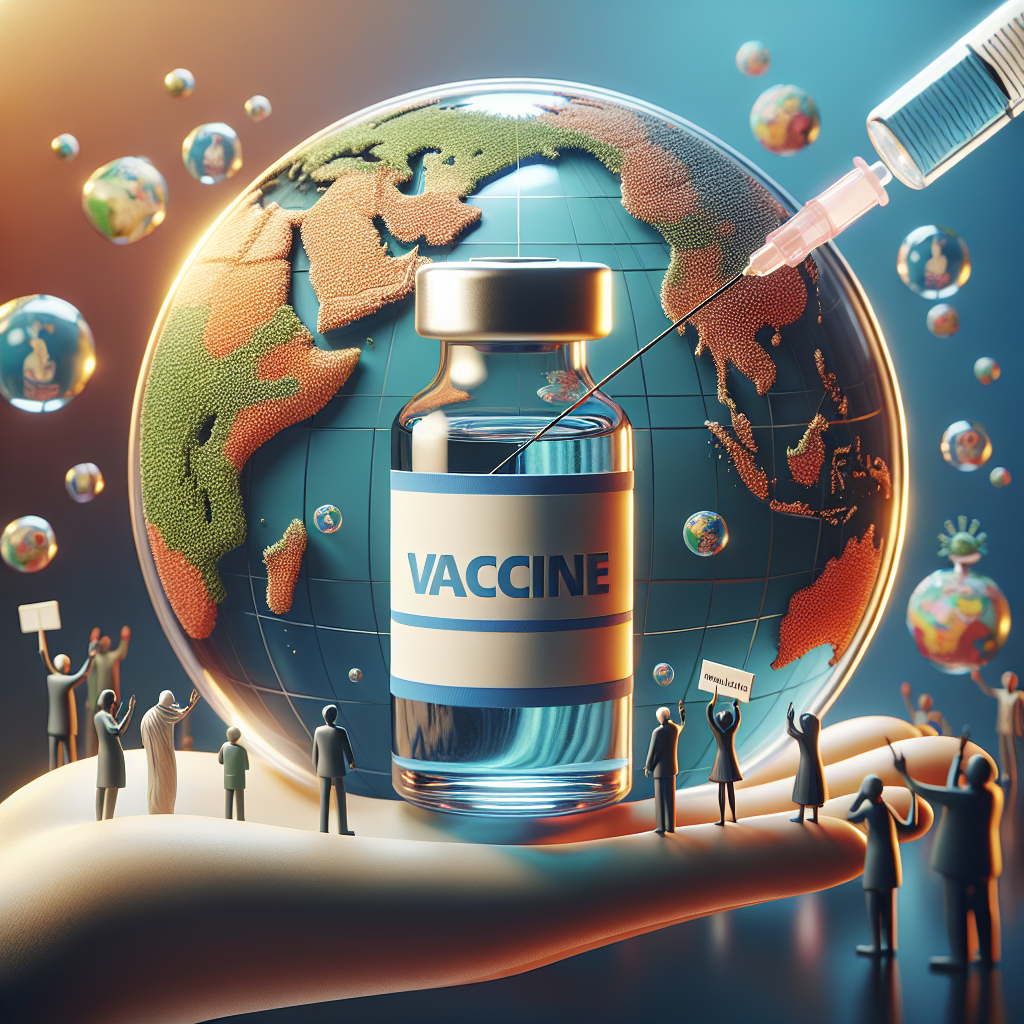Unraveling the Autism-Vaccine Myth: Navigating Public Misunderstandings
The persisting myth that vaccines cause autism is revived by public figures despite a lack of scientific evidence. Misunderstandings arise from the complexity of science, the invisible success of vaccines, and the public's mistrust in science, contributing to enduring misbeliefs.

- Country:
- United States
The longstanding myth linking vaccines with autism has recently resurfaced, fueled by statements from influential figures like Robert F. Kennedy Jr. and Donald Trump. Despite overwhelming scientific evidence proving no such link, public misunderstanding persists, driven by complex scientific narratives and misinformation.
The difficulty in communicating scientific findings plays a significant role in maintaining these myths. Research outcomes often remain within academic circles, leaving the public susceptible to controversy-driven media that oversimplifies or misrepresents facts.
Compounding the issue is the public's often limited understanding of scientific processes, fostering a sense of mistrust. The success of vaccination programs, which have made many diseases virtually invisible, adds to misbeliefs about their necessity and safety. Addressing these misconceptions requires better public engagement and transparent communication from the scientific community.
(With inputs from agencies.)










